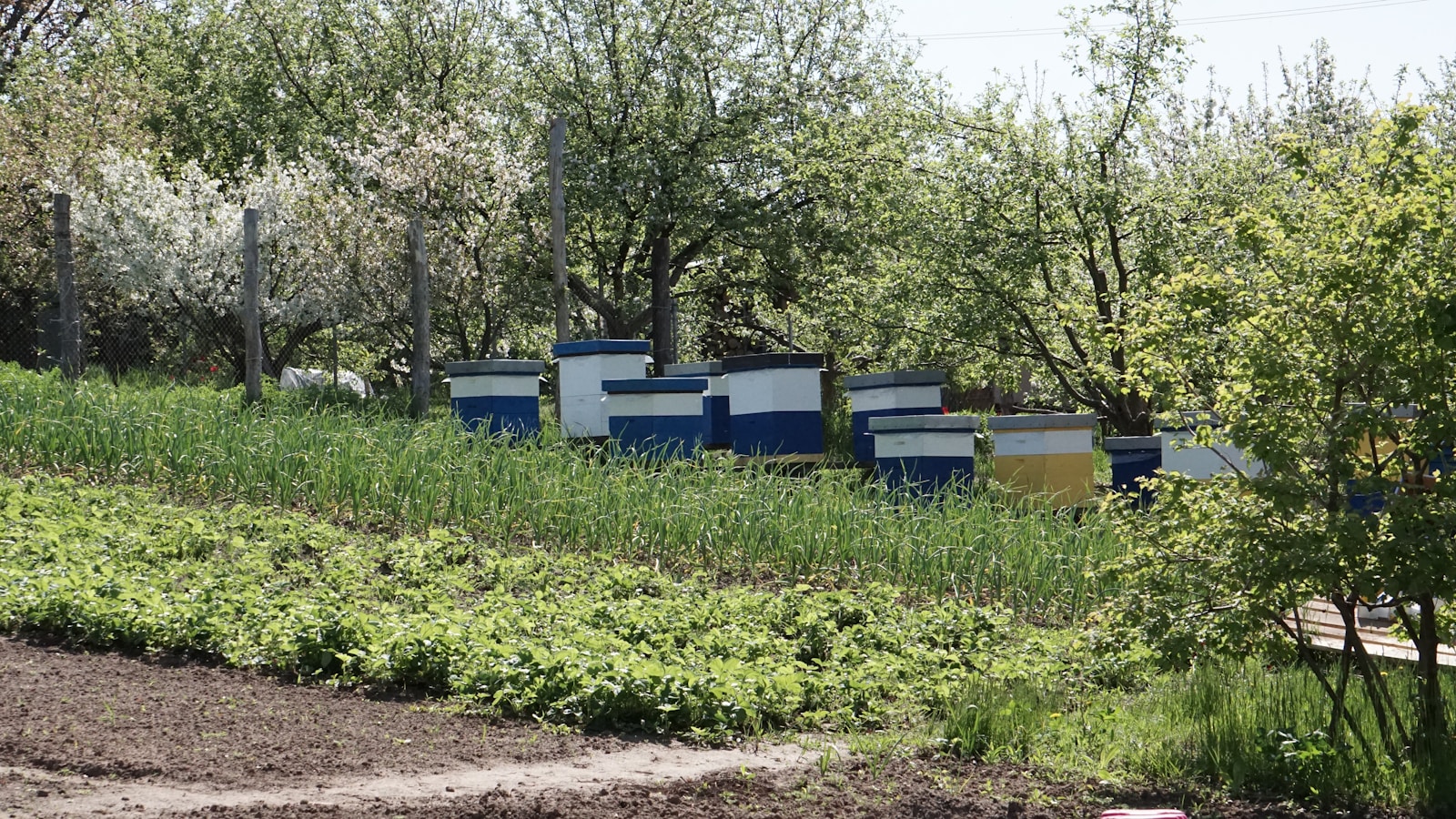
preuve

evidence
The French word for evidence is 'preuve'. It can be used in either a legal context to mean 'proof' or 'evidence', or in a more casual context to suggest that something serves as proof of something else. Similar to English, it can be used in a variety of situations and its meaning often depends on context.
Example sentences using: preuve
Je veux une preuve d'achat.

I want proof of purchase.
This sentence is often used in retail to request evidence (such as a receipt) that a certain item was indeed purchased.
Tordez le preuve!

Twist the proof!
This phrase can be used metaphorically to indicate distorting or manipulating evidence to change its interpretation or perception.
Cette preuve témoigne de votre innocence.

This proof attests to your innocence.
The phrase is used when evidence convincingly demonstrates or confirms someone's innocence in a particular matter.
C'est la preuve de notre amour.

This is the proof of our love.
This sentence is indicating that something (not specified) serves as evidence or confirmation of the love between two individuals.
Il n'y a pas de preuve tangible.

There is no tangible proof.
This phrase describes a situation where there is no physical or solid evidence about a particular claim or argument.
Cette médaille est la preuve de ton courage.

This medal is proof of your courage.
In this sentence, a medal is presented as tangible evidence or confirmation of someone's bravery.
Elle a fourni la preuve de son alibi.

She provided proof of her alibi.
This phrase is pretty straightforward, indicating that a woman has presented evidence supporting an alibi (an explanation for her whereabouts at a certain time).
La preuve est dans le pudding.

The proof is in the pudding.
This is an English idiom that has been translated into French. Its original meaning is that the value of something can only be determined by testing it.
Le preuve de l'acte est faite devant un notaire.

Proof of the act is made before a notary.
This phrase is about the legal obligation of establishing the validity or legality of an act in the presence of a notary.
La preuve de bonne foi sera nécessaire.

Proof of good faith will be necessary.
In some legal situations or conflicts, one might need to provide evidence that their actions or intentions are honest or sincere.